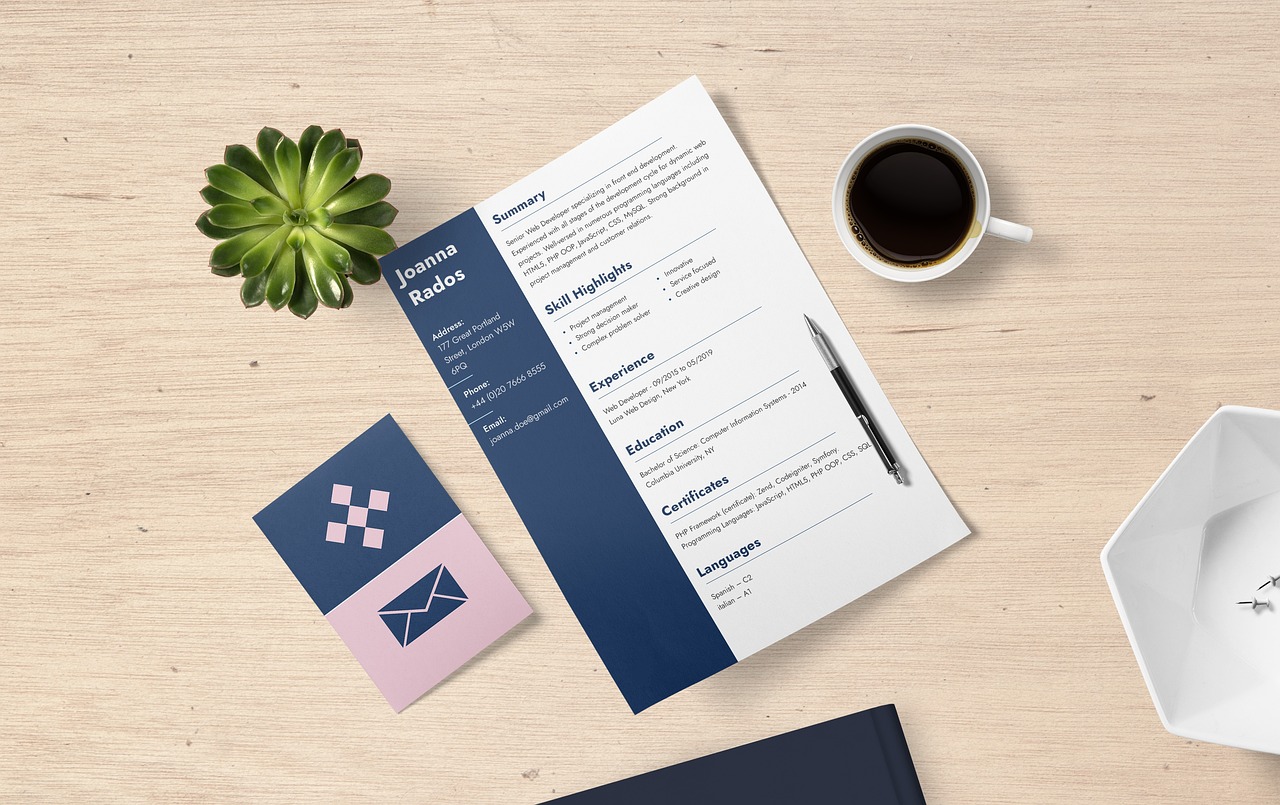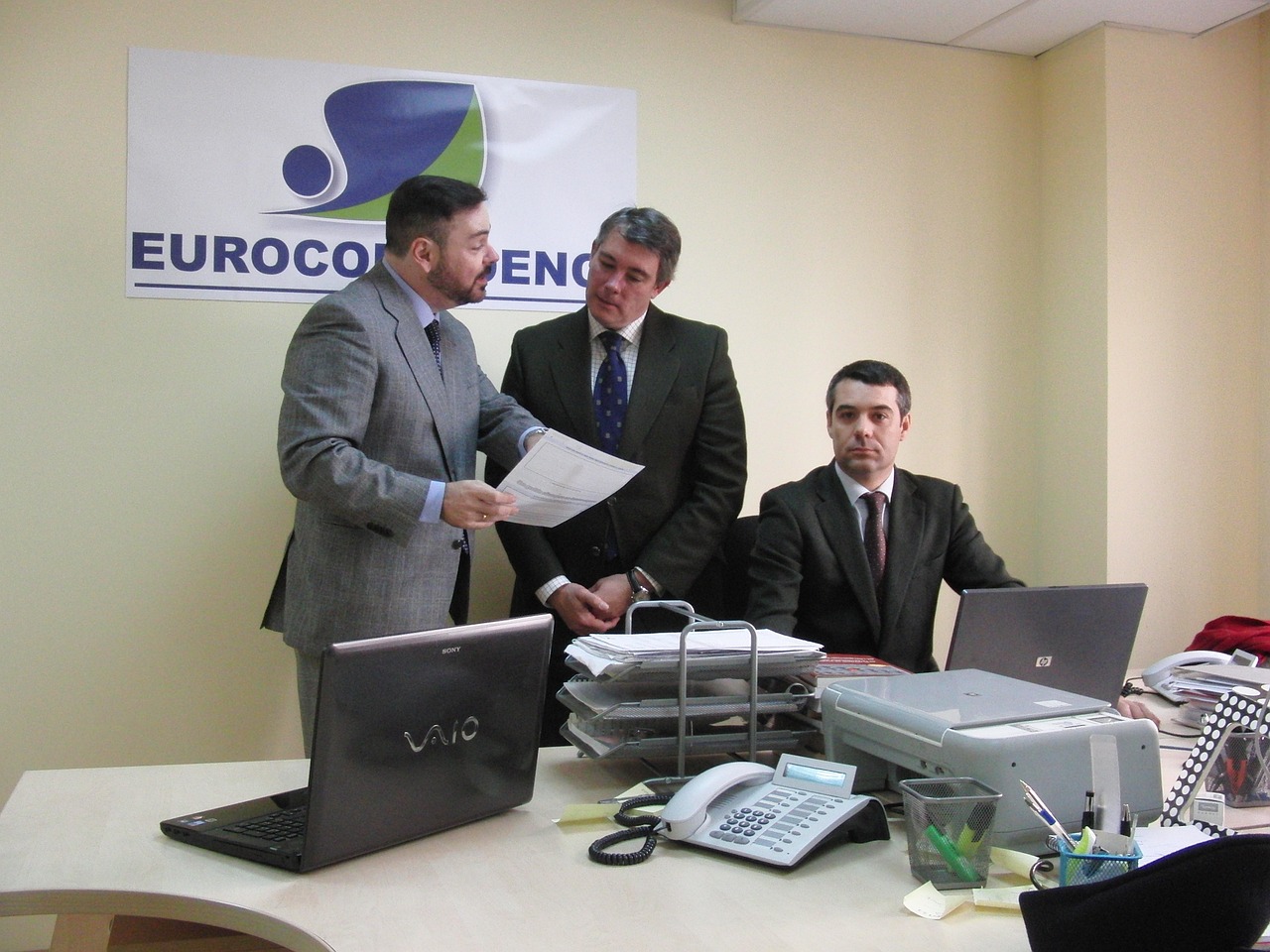
Launching Your Career
How to Make a Resume for Economics Jobs
Read a summary using the INOMICS AI tool
Completing an economics degree course is hard enough. But after you’ve earned your degree, you may very well begin to look for a job in economics, which is a whole new type of challenge!
You may be wondering how to make a strong resume for economics jobs that you’re interested in. Resume tips abound online, and many of them are quite good for your economics job application, too. In this article, we share some of the best ones, as well as economics-specific advice to help make your application stand out and ensure your resume gets noticed and read.
Keep in mind that this article will focus on resume tips for an industry job application. If you’re more interested in applying for a PhD or academic jobs, check out our PhD application infographic or academic cover letter examples. You may also be interested in professional cover letters, or even highlighting your study abroad experience to your future employers.
Now on with the tips!
Formatting, formatting, formatting
Realistically, the most important part of your resume is the formatting. That’s because the majority of recruiters and hiring managers will take only 6-7 seconds to “read” your resume (according to Indeed)! Applications submitted to job postings number in the hundreds on average (according to Zippia), and can be much higher. This incentivizes recruiters to spend as little time as possible skimming their massive stack of resumes to pick out potential leads.
Although AI-assisted algorithms are increasingly being used to pick out the best applications for hiring managers, you need to ensure that your resume is formatted well so that when it is seen by a human, it isn’t tossed out immediately.

Image credit: Pixabay.
So what makes for good formatting?
- Important information in bold (your name, job titles you’ve held, section headings, etc.)
- Use a clear, professional font, and use the same font throughout the entire document (like Arial, Cambria, or Times New Roman, etc.)
- Font size no smaller than 11pt
- Consistent margins, spacing, and font size
- Very little color; black-and-white should be sufficient
- Prioritizes readability and logical flow over creative design
- Clearly labeled, skimmable sections for Education and Professional Experience, and possibly Skills
- Limit your resume to one page only; if you’re running out of space, consider cutting experiences that are older or less relevant to the job
Design and structure
In general, a simple structure is better than a complicated one. Your resume should be easy to read and does not need to be creative to succeed in the economics job market; rather, it must be relevant and informative first.
A header section towards the top with your name, contact information, and current location is a good start. Job seekers usually put their name in slightly larger text than the rest, so that it stands out and is easy to find among a stack of resumes.
Keep in mind, too, that recruiters often read resumes using an “upside down L” shape; they’ll skim the top few lines and the left-hand side of the page, looking for key words and phrases. Only the absolutely most interesting resumes will get more attention than this. So, you should do your best to make sure the important keywords are to the left side of the page.

Image credit: Pixabay.
Below are some further tips for the body of your economics resume:
- Don’t pack your resume to the brim, keep it concise and informative
- Consider using bullet points instead of paragraphs; avoid large blocks of text!
- Highlight your achievements as concisely as possible
- Emphasize experience that matches the job, and use keywords found in the job post
- Use numbers to quantify your successes if you can (i.e., reduced department overhead by 20%)
- Present information in reverse chronological order; your most recent experience should go first (unless you have earlier experience that is particularly relevant for the job)
- Double and triple-check your resume to correct any spelling or grammar errors
Plenty of good, professional examples can be found online using a quick search. We recommend finding an example you like and making something that looks similar.
Be specific
Aside from common themes like communication skills, flexibility, and the ability to stick to deadlines, there will be economics-specific skills that employers mention in the job postings. In your resume, specificity will set you apart, and show that you’re qualified.
When describing your experiences, avoid generic phrasing such as “analyzed voting patterns” or “researched fluctuations in international trade”. It’s much better to include specifics, for example “analyzed voting patterns using logit regressions” or “With a gravity model, described fluctuations in international trade”.
This gives the employer a much clearer impression of your skills, showing that you have the specific economics knowledge to succeed in the role. Further, even if the employer has no need for those exact skills, being specific like this proves that you’re capable of learning and applying various quantitative (or qualitative) methods to a task.
In fact, many economists opt to include a short “Skills” section that lists specific quantitative techniques and software skills. For recent graduates, a “Relevant Coursework” section is also acceptable and fulfills a similar purpose. But be careful – it’s not recommended to highlight prior coursework for too long after you graduate. If you’ve been out of university for more than 2-3 years, consider trimming down or cutting this section entirely and focusing only on your experience.
Be concise
When drafting your resume, you’ll need to be brief, often painfully so. Aim to describe only the most important points about your experiences (using specific language!). And, share these using the shortest sentences possible.
For example, suppose you contributed to a research study that studied the link between capital accumulation and income inequality using historical data. The research aimed to prove that increasing capital accumulation would drive inequality by concentrating income in the hands of the few, who would then continue to accumulate capital – and wealth – at increasing rates. To do this, you used historical datasets from countries formerly occupied by the U.S.S.R.
This involved months of work to find, clean, and use historical datasets from several different countries. With your research partners, you decided to use a two-way linear fixed effects regression model, tested for heteroskedasticity, ensured the residuals were approximately normal, justified your usage of certain control variables and proxies, and more. After months, you emerged from your trials, with a hypothesis definitively proved. Success!
How should you summarize such a mighty task on your resume? Here’s a good example:
- Studied capital accumulation’s effect on inequality via two-way fixed effects regression using the methodology found in Bartels et. al. (2024)1.
It’s challenging to summarize months of your life’s best work in a single sentence, but on a resume this is necessary. If you find that it’s not hard, chances are you need to make it even shorter! So how do you decide what to emphasize? A great question, answered by the next point…
Go back and re-read the job description
A job description is a gold mine of information. The description will describe the nature of the work and the skills the employer is looking for. You should add or re-write details to your resume to (truthfully) match as many of these as possible.
If you’re applying for an industry position that requires economic research, for example, you should highlight the research experience you have as well as your thesis topic, especially if it is relevant. Or, if the job posting mentions the importance of presenting to company leadership, highlight your presentation experience at previous jobs, or in conferences or other roles.
In short, look for specific quantitative or qualitative methods, responsibilities, topic areas, and software programs (like R, Stata, SQL, etc.) that are mentioned in the post. Then, include a bullet point to show your experience with each of these topics. It’s best to include these naturally as bullet points under the experiences where you used those skills, and how you used them (even if you also make a separate “Skills” section on your resume).

Image credit: Freepik.com.
Finally: Don’t Give Up!
Looking for a job can be a difficult and discouraging process. But, don’t give up! With these tips and your economics degree in hand, you’ll be well on your way to a successful application. Remember, it only takes one successful application to land yourself an economics job, and economists are in high demand.
Aside from polishing your resume, we also recommend networking to help you find a job. A business is much more likely to consider a candidate seriously if an employee knows them already. And, your network might be able to help you improve your resume, too, if you ask the right people. Just be sure to treat them to coffee or send them a thank-you to show your gratitude.
Don’t forget, too, that you can always patch up holes in your economics skill set and strengthen your resume by taking professional training courses, summer school classes, or even deciding if doing a PhD is the right way to go for you. Whatever your choices, we wish you the best of luck and imminent success!
References
1: Bartels, C., Kersting, F. and Wolf, N. (2024): "Testing Marx. Capital Accumulation, Income Inequality, and Socialism in Late Nineteenth-Century Germany", Review of Economics and Statistics (forthcoming), CEPR Discussion Paper 17925.
Cover image credit: Drazen Zigic on Freepik.com.
-
- Postdoc Job
- (Remote)
- Posted 3 weeks ago
Vacancy for a Postdoctoral fellow
At University of Ghent in Gent, Belgique
-
- Conférence
- Posted 2 weeks ago
47th RSEP International Multidisciplinary Conference
Between 15 May and 16 May in Barcelona, Espagne
-
- Postdoc Job
- Posted 1 week ago
Research Assistant (Postdoctoral Fellow) (f/m/d)
At University of Bremen in Bremen, Allemagne













